Do Dubbed Anime Use The Scripts From Subbed Anime
The Anime Dub Controversy
The debate over subbing vs. dubbing is arguably one of the most contentious in the anime community. For some anime fans, the only way to watch a Japanese anime is to watch it in the original Japanese, with subtitles for those who do not speak Japanese fluently. Others would rather watch their anime dubbed into English, with an all-new English voice cast and crew delivering all the lines. People who hold the former view generally contend that watching a show in Japanese, even if it is subtitled, is a more authentic experience, that allows for more Japanese cultural resonances to reach the audience than watching the same show in English would be. Not everyone agrees, however, particularly in the modern age when dubs are more faithful to the source material.
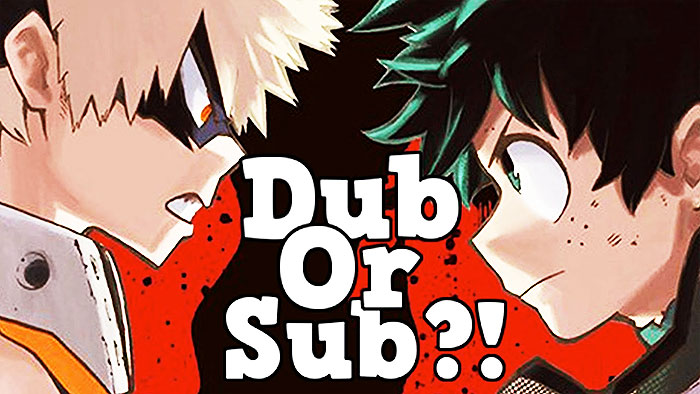
A background on English dubs
English dubs of anime are made via a process known as automatic dialogue replacement, or "ADR." 1 In ADR, the voice actor is placed in a recording booth, where they watch a clip from a show and record themselves acting out the script that goes with the clip. A similar technique is used in Hollywood to allow live-action actors to re-record lines. According to Anime News Network 2, the casting process for a modern dub is as follows:
When a new show is about to be dubbed, the person in charge of casting goes through whatever materials are available–either the show itself, or if it isn't available yet, any and all promo material that's been made at that point. They write a casting break-down: a list of characters each with a few notes about them and what they sound like, and their general attitude and feel. They note the gender, how old or young they sound, and anything else that they can think of that might help them cast the role. Most of the time, a couple of established voice actor names will spring to mind for at least a few of the roles.
Ideally at this point, there will be time and money to do a full casting call. The actors that immediately sprang to mind will be invited, of course, as will a handful of others from the pool of ready and able talent that all dub studios keep on hand for such things. The voice actors come in, one at a time (not all at once, like in Japan), and read a few lines for several characters […]. Then the director and whoever is paying for the dub sit down, listen to the auditions, and figure out who should play what role.
In addition to the voice actors themselves, a successful English dub relies on scriptwriters to translate the original Japanese script into English, and directors to ensure the voicework sounds appropriate. Scriptwriters are usually provided with the original Japanese audio as well as any production and cultural notes, and adapt the script to suit an English-language audience based on the information available to them 3. Many scriptwriters and directors are also voice actors themselves.
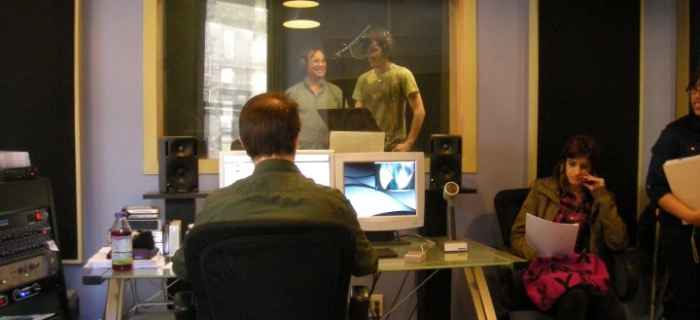
The earliest anime English dubs to be released came out in the mid-1960's, and included such works as Astro Boy, Tetsujin 28 (known in English as Gigantor), and Kimba the White Lion. In the 1970's, a bowdlerized version of Gatchaman, renamed Battle of the Planets, was released in the United States, as was a fairly faithful adaptation of Space Battleship Yamato (known in English as Star Blazers) 4. In 1992, the anime industry took root in Texas, when Matt Greenfield and John Ledford founded ADV Films in Houston 5. Among their first dubbing projects was a magical-girl series called Devil Hunter Yohko.
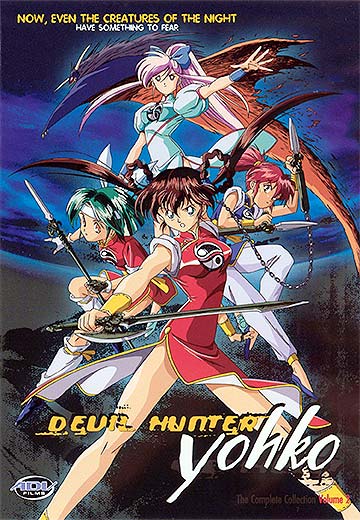
In the mid-1990's, Funimation Entertainment, another Texas-based studio, licensed Dragon Ball Z, and began releasing English episodes in 1996 6. Along with the Sailor Moon and Pokemon anime series, Dragon Ball Z introduced a younger generation to the world of anime. Anime began to explode in popularity not long afterwards. Anime dubbing saw a major expansion throughout the early 2000's, followed by a contraction around 2007-2008 as the industry shrank and Geneon, one of Japan's anime production companies, collapsed 7. Since that time, Funimation has overtaken ADV as the largest producer of anime in the United States, and ADV survives as several smaller companies, including Sentai Filmworks.
Why English dubs are controversial
As prevalent as English dubs of anime have been over the years, they are not without controversy. Many anime fans, particularly older ones, really dislike English dubs, accusing them of being less faithful to the source material than watching the original Japanese audio with subtitles would be. What many of these arguments boil down to is that anime is a "Japanese" product, and that any attempt to adapt it for a Western audience somehow compromises its inherent "Japaneseness."
Many English dubs, particularly for older shows, contained a lot of editing, in order to make them accessible to an English-language audience. Some of these dubs were infamous for altering or removing entire character arcs or plot points, as well as altering or removing names or cultural references in order to hide the fact that the anime was supposed to take place in Japan 8. Many anime fans justifiably see these sorts of changes as culturally insensitive and insulting to their intelligence. On the other hand, some infamous changes were specifically requested by the Japanese creators, in order to expand a show's marketability. In the case of Dragon Ball Z, for example, Funimation was told to make whatever changes were necessary to allow the series to be aired on television, even if it meant producing a bowdlerized version of the source material 9. Modern dubs rarely contain such extensive editing, preferring to stick as closely as possible to the source material.
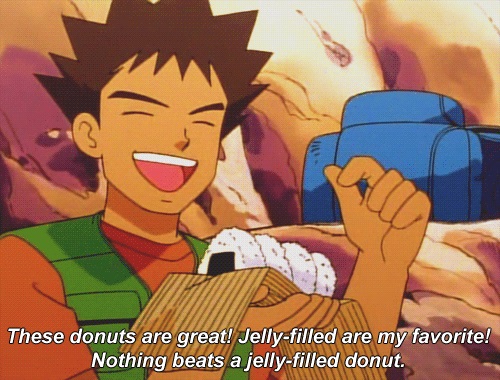
Another common argument is that the vast linguistic and cultural divide between Japan and the English-speaking world means that no English script can ever properly capture the spirit of the original, even if no edits are made. This argument often manifests itself in complaints about pronunciation of Japanese names in English dubs. In fact, many anime voice actors probably could pronounce Japanese names accurately if they really wanted to, especially those who have been voice acting for a long time or already had an interest in Japanese culture before becoming voice actors. The risk, however, is that a traditionally Japanese pronunciation of a name would make the overall flow of the dub sound more artificial, by introducing something that's clearly Japanese into a script that's otherwise entirely in English.
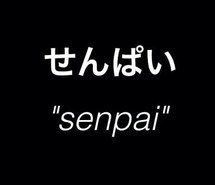
A related argument is that an English dub couldn't include specific Japanese cultural words or phrases. Some of these words and phrases include the different ways of saying "love" in Japanese, as well as titles and articles that convey rank, such as "senpai" and "-chan." On the other hand, these cultural touchstones could easily go over the heads of English-speakers anyway unless they already know what the words mean or are willing to put in the effort to research them. English dub scriptwriters are aware of this and generally go to great lengths to preserve the meaning of the original Japanese while still presenting it in a way that an English-language audience can understand. To cite one example of this phenomenon, there's a scene in the vampire horror anime Shiki in which a teenager named Masao attempts to pull rank on another teenager, Natsuno, by demanding Natsuno call him "senpai." In the English dub, Masao does the same thing, but rather than use the word "senpai," he simply demands that Natsuno not push him around because he's older. This is an example of a dub job that conveys the meaning of the Japanese script, in a way that makes sense to the average English-speaking viewer.
A question of authenticity and accessibility
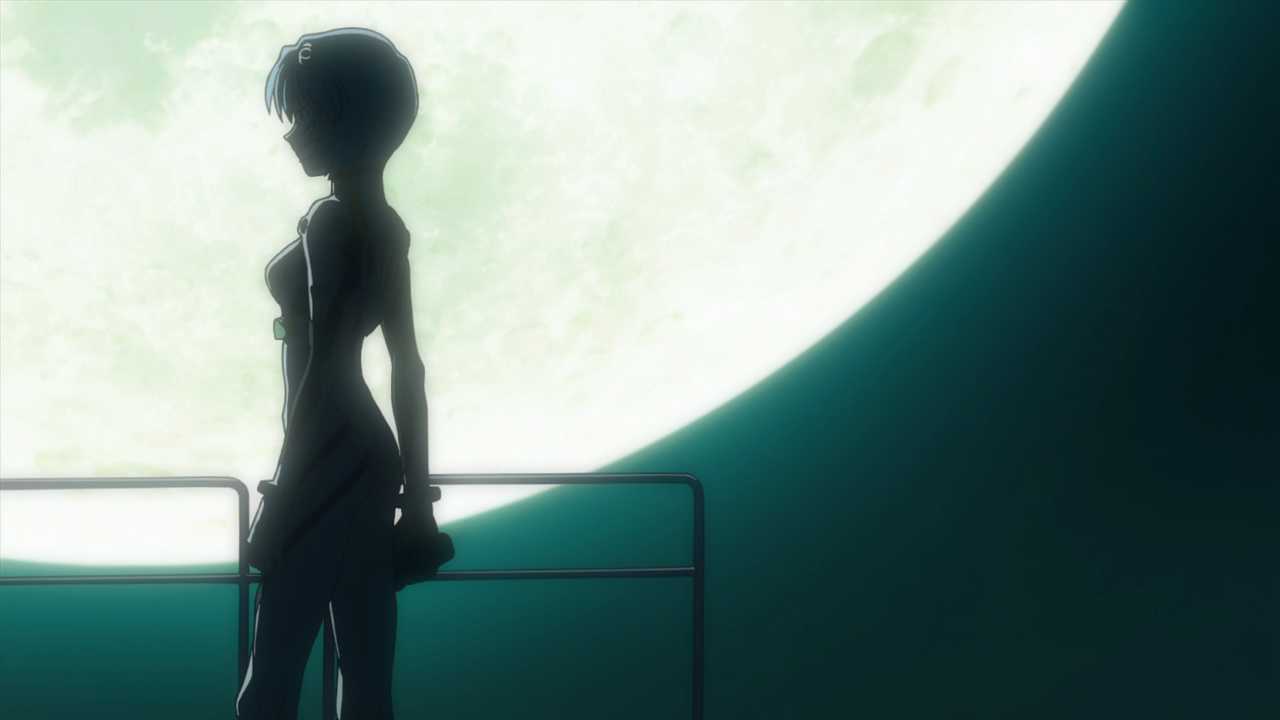
Ultimately, the fight over English dubs rests on the tension between a work's authenticity and its accessibility. Intrinsic to the arguments against English dubs is that English-speakers who want to explore Japanese culture should prize authenticity above all else. According to this logic, English dubs will always be inferior because they are less authentic. Some fans who view anime this way may be willing to watch dubs, but only in cases where the dub is better than the original Japanese, or the anime is set in an English-speaking environment. Whether subtitles actually provide a more authentic cultural experience than an English dub is a matter of some debate. For instance, in the new Netflix screening of Neon Genesis Evangelion, both the subtitles and the dub altered the relationship between Kaoru and Shinji to have fewer homoerotic overtones, meaning that people who watched the subtitles would not necessarily get the authentic experience of the original anyway. Along similar lines, many fans of the Deadman Wonderland anime were offended when the dub removed a line from Genkaku, the leader of the secret police, telling Nagi, the leader of the resistance, that he "loved" him. However, the English version of the line, in which Genkaku tells Nagi he "liked [him] so much better crazy," and calls him a "stupid sh-t spouting crap about risking life," sounds much more like something a real person would actually say. Homoerotic subtext between the two men can still be found in the dub, via asides where Genkaku calls Nagi "love," "lovebird," and "sweetheart." Which version is actually more like the original Japanese is impossible to tell without a grounding in the Japanese language.
Because translating one language to another in any format is fraught, some fans suggest the only truly authentic way to experience anime is to watch it raw, exactly the way that a Japanese person would. Even the very act of reading an animated program, which was designed to be experienced through art and sound, strikes some people as suspect. However, the people who know enough Japanese to watch the raw footage generally don't need subtitles in the first place.
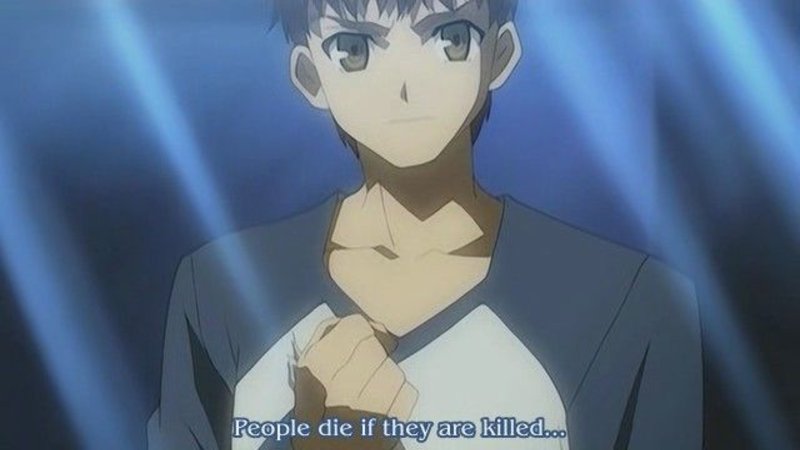
On the flip side, fans of English dubs generally want their entertainment as accessible as possible. Accessibility doesn't have to entail extensive editing or removal of cultural references. Fans of English dubs claim that they enjoy themselves more, and connect with characters in a show more, if those characters are speaking the language they are most familiar with, regardless of the actual content of the anime. There may even be an evolutionary basis to this preference, as humans seem programmed from birth to prefer things they perceive as more similar to themselves, including their native languages 10. Furthermore, English dubs, even if they're not as good as the original Japanese, are often an American's first exposure to anime, and possibly to Japanese culture as well. Chances are, most millennial anime fans became fans of anime in the first place after watching an English dub of a series like Pokemon, Sailor Moon, or Dragon Ball Z on television. Whether these dubs were objectively "good" (let alone better than the Japanese versions) was, at the time, beside the point.
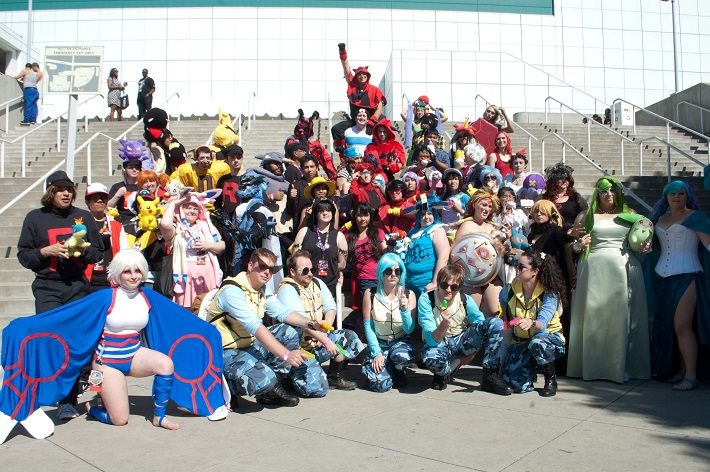
People admire Japanese culture for many reasons, whether for its art, architecture, music, history, cuisine, nature, or contributions to popular culture. Some fans draw a clear distinction between the culture of Japan and that of the United States–Japanese anime in this box, and American cartoons in another. These people may prefer to watch their anime in Japanese, subtitled if they do not speak the language, in order to feel like they're experiencing a slice of authentic Japan. By contrast, other fans prefer to be completely immersed in the world of an anime and the lives of its characters just as they would for a Western cartoon, even if it means watching the show in a language that the characters would not normally be speaking. These fans may still want to learn the Japanese language and specific Japanese cultural artifacts, but they do so through other means. Either is a valid means of experiencing Japanese popular culture, and either can lead to a better appreciation of Japanese culture more generally.
There are many reasons for the controversy surrounding English dubs of anime. To certain anime fans, English dubs make too many edits to the source material, fail to properly capture the Japanese cultural consciousness, and simply cannot be authentically Japanese. On the flip side, many other fans feel that complete immersion in an anime's world, provided by a dedicated English cast and crew, provides the most pleasurable viewing experience. Nowadays, anime fans have more options for how to watch their anime than ever before, and fans who watch English dub series no longer have to worry about excessive editing or censorship. In this day and age, there is no objectively superior method for watching anime, and no more authentic method than to watch it as a Japanese fan would, with no subtitles or translations whatsoever. For the Western anime fan who does not speak Japanese, the choice of whether to watch an anime in Japanese with subtitles, or dubbed into English, is a very personal decision.
What do you think? Leave a comment.
Receive our weekly newsletter:
Do Dubbed Anime Use The Scripts From Subbed Anime
Source: https://the-artifice.com/dub-vs-sub/

0 Response to "Do Dubbed Anime Use The Scripts From Subbed Anime"
Post a Comment